
Allies
Pete Ellis: Father of Amphibious Warfare
by Al HemingwayHe suffered from acute alcoholism and severe bouts of depression. As a result of his heavy drinking, he would wander about for days yelling incoherently. Read more

Allies
He suffered from acute alcoholism and severe bouts of depression. As a result of his heavy drinking, he would wander about for days yelling incoherently. Read more

Allies
Most writings about World War II tend to attribute the success or failure of military operations to the skill with which generals and admirals handled their forces in battle and to the fighting abilities of soldiers, sailors, and airmen. Read more
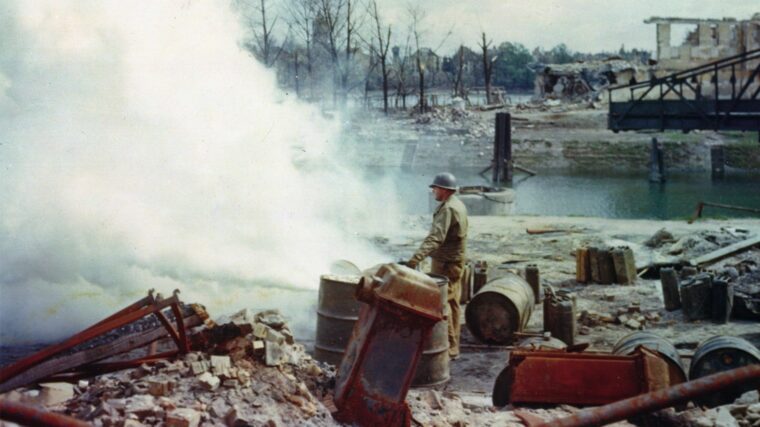
Allies
With the defeat of the German Seventh Army and the closing of the Falaise Gap in the summer of 1944, the Allies pursued the retreating enemy across France. Read more
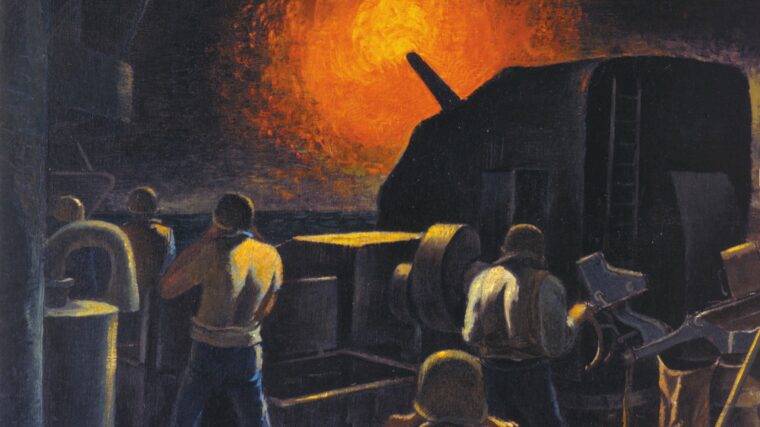
Allies
With bond clerk Marge Henning standing by as a witness, Colonel Frank Eldridge removed the first piece of the puzzle. Read more

Allies
It was unbelievably dull and uncomfortable duty, often interspersed with moments of sheer terror and the possibility of sudden and violent death. Read more
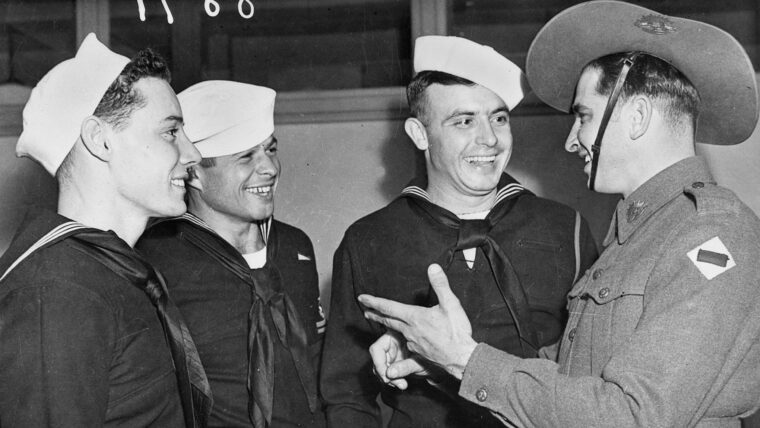
Allies
In 1942, Brisbane was the third largest city in Australia and the state capital of Queensland. To many, however, it was more like a big country town than a city, its 340,000 inhabitants living in a quiet, conservative, and isolated atmosphere. Read more
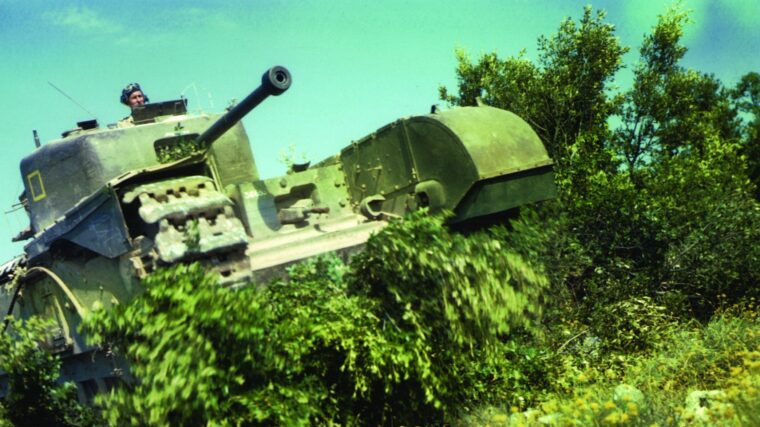
Allies
The German town of Goch lay east of the Reichswald forest, a scene of heavy fighting for the British Army as it ground its way steadily into the heart of Germany. Read more
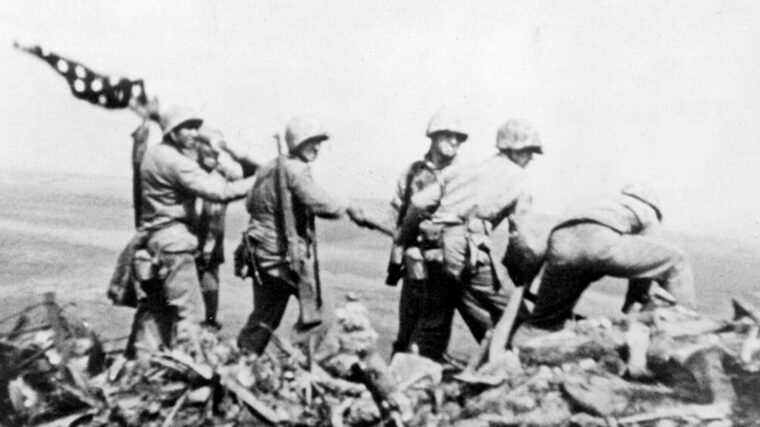
Allies
Everyone has seen the now famous photograph of the three firefighters hoisting Old Glory over the ruins of the World Trade Center. Read more
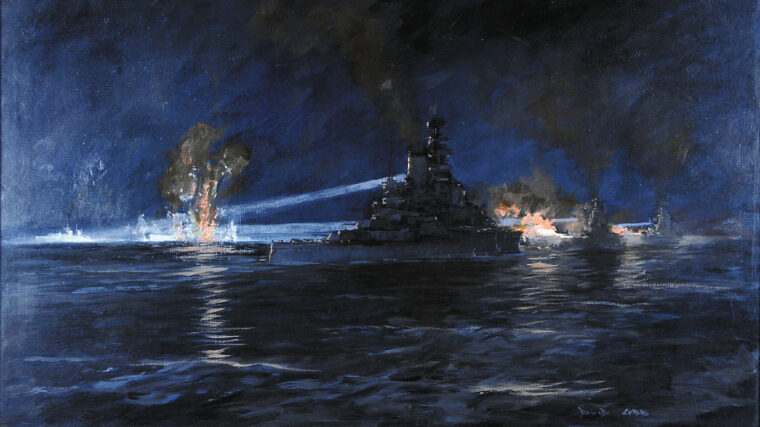
Allies
In June 1940, Italian dictator Benito Mussolini wrestled with a dilemma. German Chancellor Adolf Hitler was the very essence of a victorious warlord. Read more
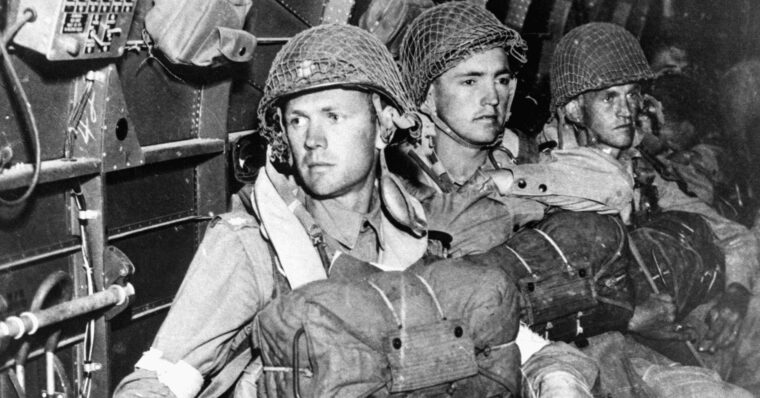
Allies
Letters were a valuable commodity to the World War II soldier. They were the link to home and to all things familiar in a most unfamiliar place and time. Read more
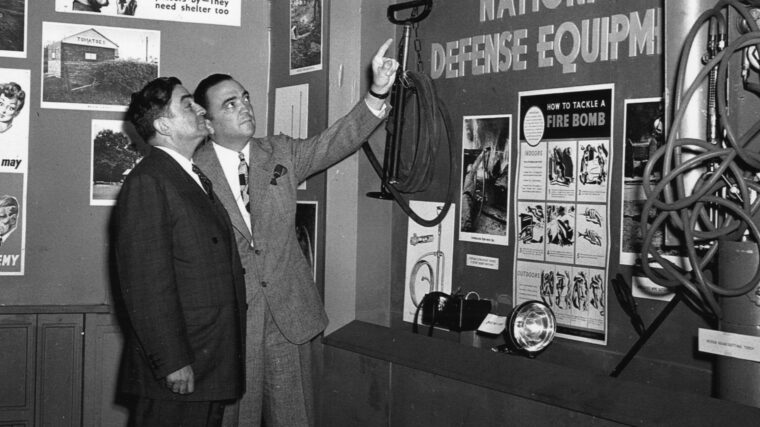
Allies
Throughout his lifetime, FBI Director J. Edgar Hoover always boasted that no enemy agent, either spy or saboteur, ever operated at large in the United States during World War II. Read more
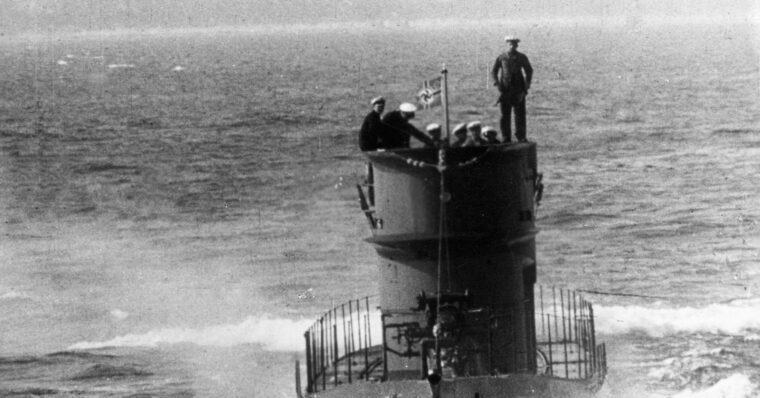
Allies
World War II had been in progress for six weeks when on the evening of October 12, 1939, the German submarine U-47 surfaced off the Orkney Islands at the northern tip of Scotland. Read more
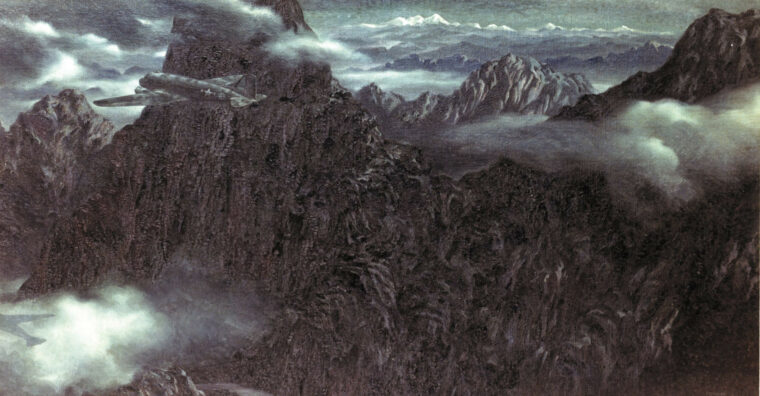
Allies
In truth, it really was not a combat operation. For every airplane lost to enemy action, a hundred were destroyed in accidents. Read more
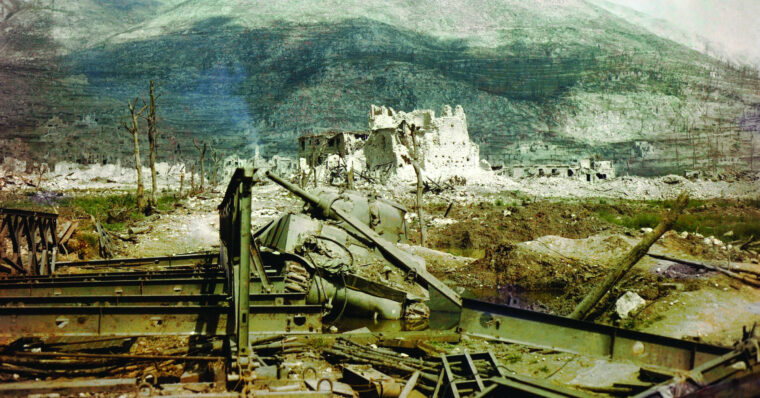
Allies
By December 1943, the phrase “sunny Italy” had evolved from being a travel agent’s selling point to becoming an ugly joke for the British and American troops of the Allied Fifth Army, advancing north from Naples to Rome. Read more
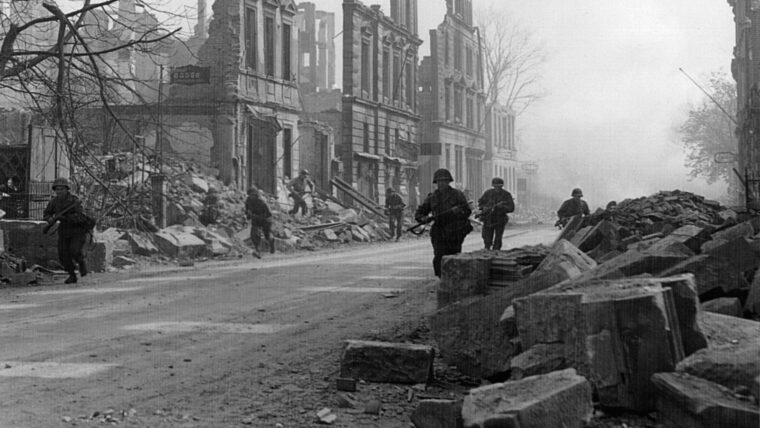
Allies
Following its swift advance to the Rhine, the American 100th (Century) Infantry Division resumed its pursuit of retreating German forces. Read more
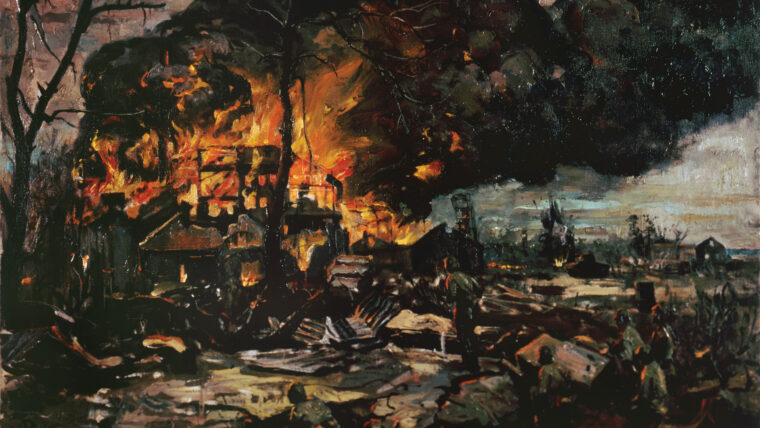
Allies
On June 10, 1944, as his troop transport churned through the Pacific toward the Japanese-held island of Saipan, Pharmacist’s Mate First Class Stan Bowen wrote a letter to his sweetheart, Marge McCann. Read more

Allies
On the morning of February 23, 1945, on the tiny Pacific island of Iwo Jima, a 40-man patrol gathered at the 5th Marine Division headquarters for their final briefing with battalion commander Lt. Read more
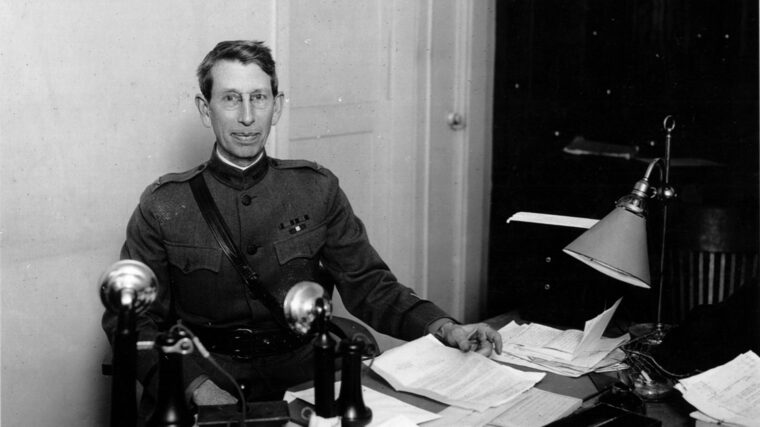
Allies
In the long history of American military intelligence, the names that come to mind most often are those of Nathan Hale, Benedict Arnold, Herbert Yardley, and William Donovan. Read more

Allies
The Office of Strategic Services (OSS) was America’s first strategic intelligence organization. President Franklin D. Roosevelt authorized its establishment on June 13, 1942, six months after World War II began, to collect and analyze strategic intelligence and to conduct special services, including subversion, sabotage, and psychological warfare. Read more
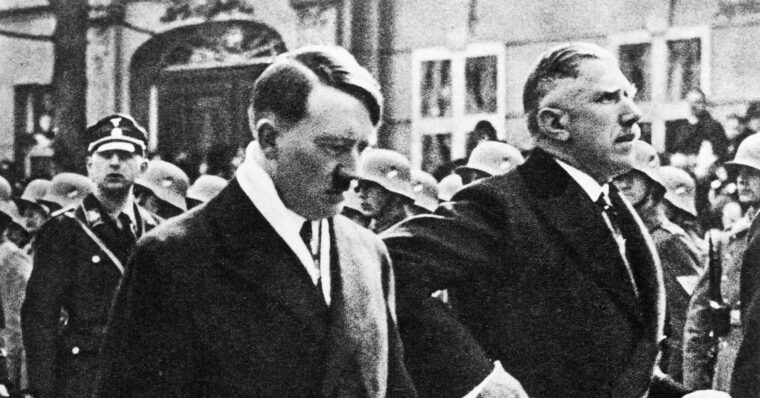
Allies
On May 31, 1932, Franz von Papen achieved the pinnacle of a long career serving his country when, in a surprising move, the aging President Paul von Hindenburg named him Chancellor of Germany. Read more